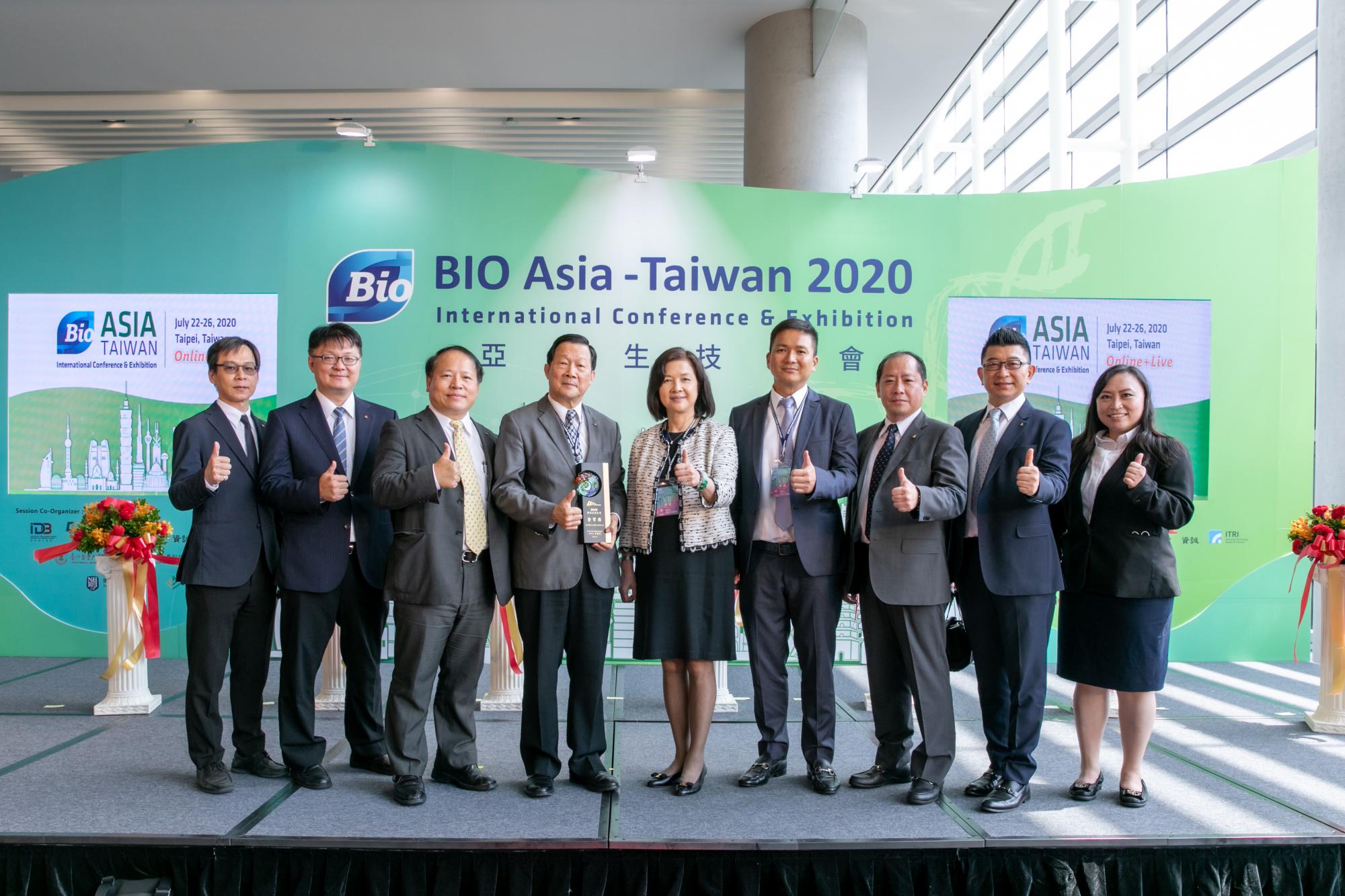
As infectious diseases are becoming increasingly complex Yung Shin Pharmaceutical focuses on developing drugs for severe infections.
Latest News
2020 / 07 / 20
In recent years, the widespread use of antibiotics has led to the emergence of drug-resistant bacteria, posing a significant threat to patient health. Furthermore, the use of anti-rejection drugs by organ transplant recipients, chemotherapy by cancer patients, and long-term medication by HIV patients, along with advances in pathological analysis techniques, have drawn clinicians' attention to an increasing number of systemic fungal infections. Among these, nosocomial infections caused by Candida species and invasive lung infections caused by Aspergillus species in immunocompromised patients have garnered particular clinical attention.
Yung Shin Pharmaceutical (hereinafter referred to as Yung Shin) continues to develop anti-infective drugs for infectious diseases. In addition to the early development of broad-acting antibiotics and the mid-term development of preventive fungal infections and antiviral drugs, the company has recently focused on the growing demand for severe infections.
In the past, the high cost of injectable antifungal drugs and safety concerns in clinical use limited the staging of a drug intervention for patients. Yung Shin's recently developed Micafungin injection boasts superior safety and minimal drug interactions. This, combined with Yung Shin's vertical integration from active ingredient development to formulated product development, effectively reduces production costs, creating a significant economic advantage that can lower the financial burden on National Health Insurance and provide better quality healthcare to the public.
Recent major developments are as follows:
(1) Micafungin (injection, active ingredient):
With a global annual market value of NT$10 billion, Yung Shin targeted the more technically demanding therapeutic area of invasive Candida infections several years ago. Yung-Shin has precisely mastered the key manufacturing processes for Micafungin active ingredient, including fermentation with complex strains, enzyme conversion, and product purification to obtain high-purity intermediates. This is then followed by synthetic reactions to produce the API, ultimately resulting in a sterile lyophilized injection product. Yung Shin has now commenced regulatory registrations in markets with strict regulations around the world.
(2) Voriconazole (tablets, injections):
Utilizing a vertically integrated drug strategy based on APIs, the company successfully developed Voriconazole, a second-generation, broad-spectrum triazole antifungal drug. Voriconazole is available in both tablet and injection formulations to provide conversion therapy. It has obtained marketing authorization in Taiwan and Japan, and plans to continue expanding into highly regulated markets such as Europe and the United States.
(3) Amphotericin B (liposomal formulation):
Yung Shin has collaborated with Taiwan Liposome to master the key manufacturing processes for nano-emulsified liposomal formulations and has successfully mass-produced Amphotericin B liposome formulations. The companies are currently collaborating on regulatory registration process in major markets such as Europe, the United States, and China.
Due to the pandemic this year, countries have become relatively conservative regarding the export of anti-epidemic supplies, and the raw material supply chain is less flexible than before. As one of the few pharmaceutical companies in the world with biofermentation, chemical synthesis, and rapid formulation screening technologies, Yung Shin is actively deepening its vertically integrated technological capabilities from APIs to finished products, rapidly developing high-quality, consistently effective drugs to ensure patient safety.
